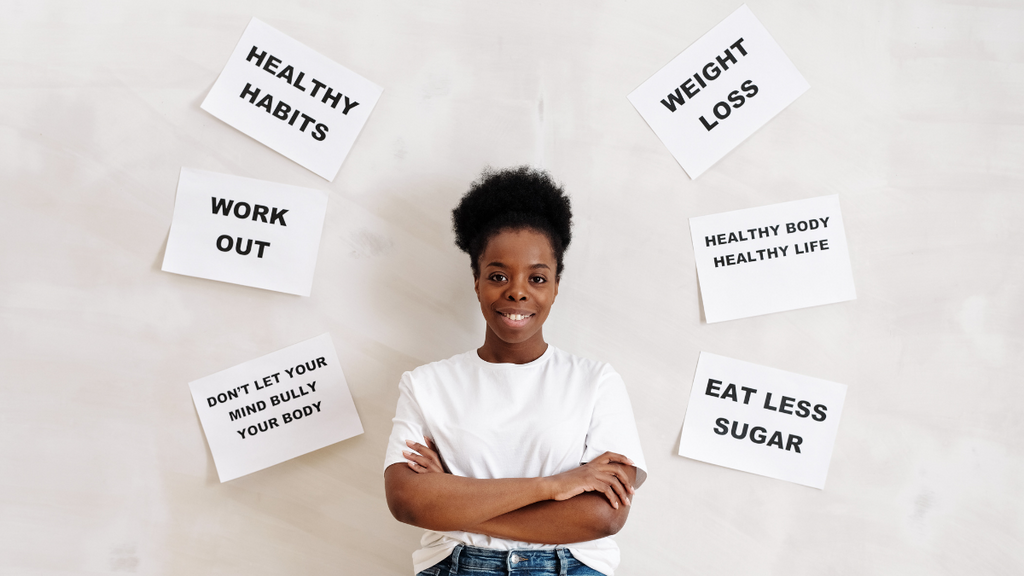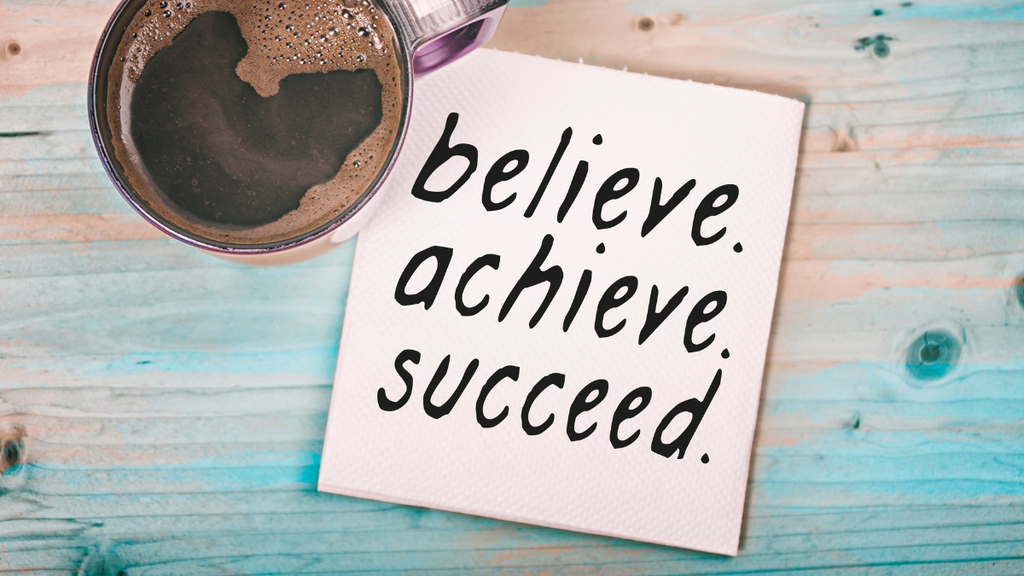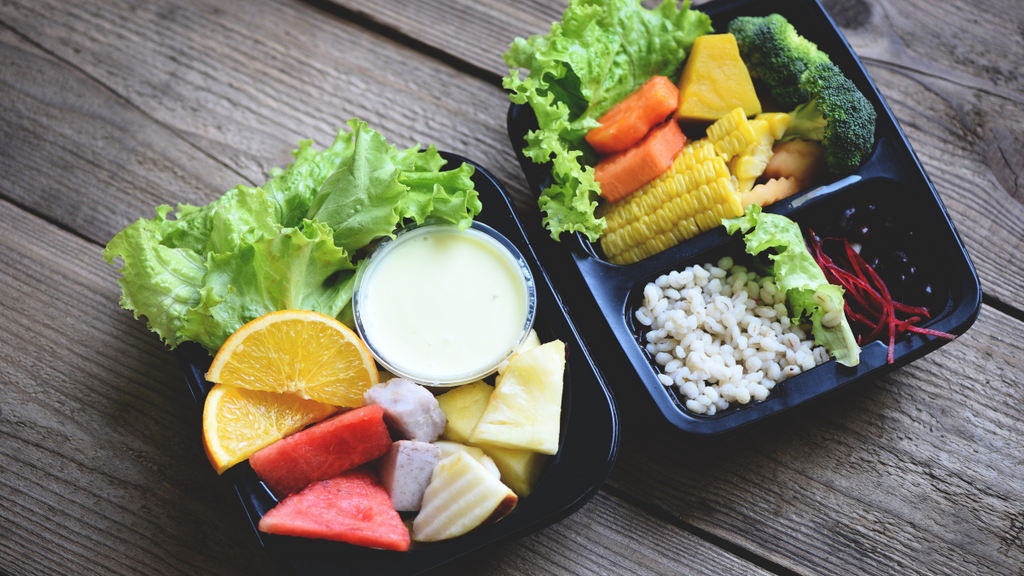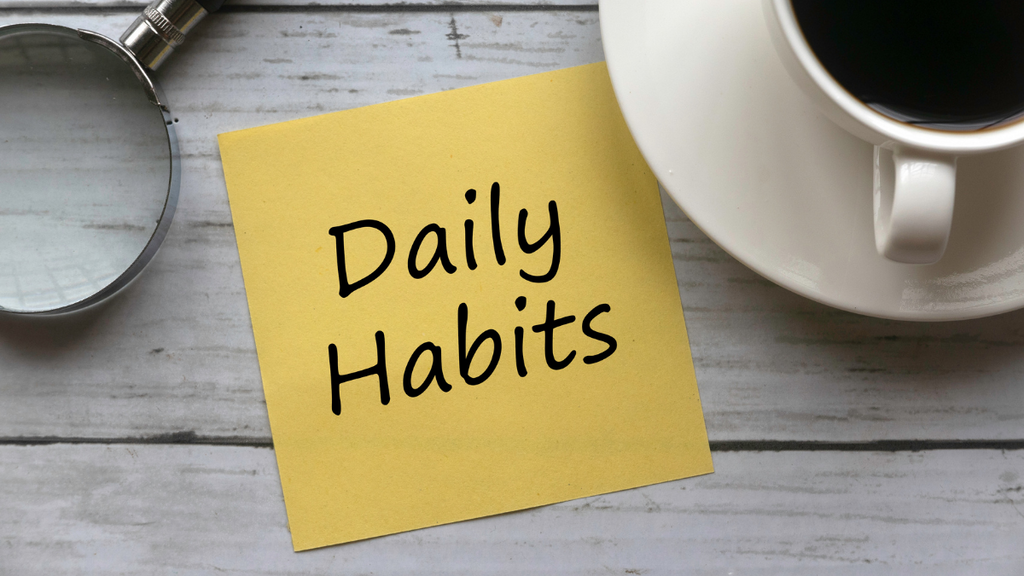After the Christmas indulgence expires and we break out the champagne to ring in the new year, many of us have all these grand plans to reinvent ourselves!
Popular pledges to ourselves include living a healthier lifestyle and being more organised. For instance, we really will stick to our three-day-per week gym routine, we’ll eat more leafy greens, we’ll visit our nana more, we’ll hang up our clothes before bedtime, we’ll watch less television and read more books, we’ll pick up and stick to our hobbies, we’ll do more kind things and spread more cheer. And the list goes on and on.
But why do some people manage to reinvent their lives and stick to resolutions and others slip back into old habits? Here’s how to keep your New Year’s resolutions. For good.

Why resolutions often don’t work
Rather soberingly, one source says only 12% of people who make New Year’s resolutions actually stick to them. Psychology Today says that figure is around 19% but most abandon their resolutions by mid-January.
According to research, the most common New Year’s resolutions are losing weight, sticking to a healthier diet, hitting the exercise more, making smarter financial choices, quitting smoking, and spending more time with family. Do you feel seen?
In psychology, the transtheoretical model of changes denotes five basic stages you’ll pass through before creating change in your life – like that resolution to hit the gym more (although, body positivity – you’re great the way you are) or use your Tria 4X laser each week (it really will remove hair if you use it).
- Precontemplation: you may deny having a problem but others may be concerned. First, you need to acknowledge there’s a problem you want to change or a healthy habit you want to adopt.
- Contemplation: you have to think about the pros and cons of change. Are the steps to change worth it for you? Do you want to do what’s required to change?
- Preparation: you have to take steps to prepare yourself to make a change. What planning do you need to do to make sure you’ll succeed?
- Action: you take action to change your behaviour, showing up and doing what’s required every day or every week to make changes.
- Maintenance: you have figured out how to stick to your change and make it a long-term habit. Yay! You made a change. Now, repeat the steps for each change you wish to implement.
When you dive into a change on 1st January, you’re making a change because of a calendar date and often not because you’re ready to make a change. Your brain needs to have gone through steps one to three above to be ready to change. So, once you’ve gotten to the mindset of making a change, here’s how to do it.

Be more specific in your choices
Instead of making such large goals and feeling like your willpower is failing you, start small and start when you’re really ready. That may be the 1st of January but it also may be the 1st of March.
Science Alert notes that it’s easier to start habits than stop habits. And another study notes that willpower is a faulty concept altogether: people who are better at “willpower” and “self-control” often enjoy the new habits – like exercise and healthier eating – that many of us try to adopt and they have learned better habits so it’s not a failing on your part. We are just all different.
But no matter what the studies say, you need to start small. So, if you want to eat more leafy greens, give yourself a small goal each day and say, for example, “I’ll eat one extra portion of broccoli/spinach/beets/chard each day.” That’s more manageable than “I’ll make organic smoothie bowls each morning consisting of eight portions of fruit and vegetables; then, I’ll make a healthy salad for lunch; then, I’ll eat another five portions of vegetables at dinner.” If you felt you had to tackle all of that at once, then it’ll feel overwhelming. For exercise, start small too. Say you’ll go for a ten-minute walk each day instead of saying, “I have to go to the gym for one hour every single day.”
Starting small and being more specific will help you achieve your goals and make them habits that become part of your life. After all, many of us don’t have to think about brushing our teeth in the morning (it doesn’t take willpower) and many of us automatically go and make our cup of tea or coffee in the morning – these are habits that are easy because they’re already part of our routine. If you make your resolutions part of your routine and less painful, then you’re likely to stick to them.

Limit your resolutions
Focus on adopting one goal at a time and not ten. It might be tempting to create a whole new you in one go, but start your new year by limiting yourself to one to two goals to meet at first and go from there. Then, you can pour your energies into making better choices on this one thing or two instead of ten.
It takes time to change so if you have an overwhelming amount of change you wish to make, then it’ll seem so far from the norm that you’ll be likely to slip back into old habits. With fitness, for example, this Lifehack article notes: “The best fitness plan is one that causes the least interruption to your daily life. The goal isn’t to add stress to your life, but rather to remove it.” To create better overall habits and routines and make yourself happier, you need to do what’s manageable for you.
So, if eating better, exercising more, reading for an hour a day, visiting three people a week, and so on would take more energy from you than it’s worth, you’re not going to see it through. You need to think about what changes matter to you and how to incorporate them into your life in a way that will make it easy to adopt those changes.

Believe in yourself
This hack sounds wishy-washy but put simply – if you believe you can achieve something you will. If you’ve tried and failed before, you might be more likely to fail again.
Being interviewed in The Guardian, Richard Wiseman, a professor of psychology at Hertford University divulges, “If people think they can do it they probably can, but if they’ve already tried and failed, their self-belief will be low.”
If you’ve failed at your goals before, then you need to change the habits that made you fail. For example, if you’re trying to lose five pounds, then it won’t help if you keep your cupboards full of biscuits (even if they are vegan!). So, help yourself out by removing temptation and making it easier to meet your goals.

Form habits and make trigger plans
Psychology research finds that using implementation intentions helps you achieve your goals, so these are “if-then” plans and “trigger-action plans.” The basic concept is that if you set a trigger and then do an action, you’re likely to stick to it.
For example, if you say to yourself “as soon as I get home from work (or switch the work computer off at home), I will put on my gym clothes” and you follow through, you’ll form habits that you stick to. Results from almost one-hundred studies found that making these trigger-action plans make people significantly more likely to reach their goals.
You can set up trigger action plans for multiple areas of life. As an example, if you want to eat healthier, you need to pre-plan and pre-prepare meals in advance so it’s easier and faster to make healthy choices. If you have a delicious healthy lunch to grab from the fridge (at home or at work), it’s easier to eat that than reach for the easy option of a less healthy meal. You can then set an alarm at lunchtime (as a reminder to eat) and if you have a pre-made salad or healthy soup ready to consume, your goal is easier to meet. The objective is to make your goals “mindless” to achieve. They’re part of the furniture and it’s easier to succeed.

Track your progress
Track how you’re doing so you can see how far you’ve come. Celebrate small wins. If you’ve met your goal each day, take that as a win. Habits don’t change overnight and often our goals don’t happen quickly.
The Centre for Applied Rationality, a San Francisco based nonprofit teaches research-based techniques for achieving goals, making better decisions, and being more productive and one concept they teach to test how solidly planned your goals are is by gauging your “surprise’o’meter” as in how surprised would be if you failed at your goals? If you wouldn’t be surprised, then your goals need to have more solid foundations to achieve. Therefore, there’s a flaw in your plan somewhere.
Again, that might go back to making your goals easier to achieve, setting up trigger-action plans, removing temptation, and making smaller goals, but everything requires a good plan.

The takeaways
This is your year! It’s the year you’ll meet the goals you have in mind. Visualise it, believe in it, work towards making your goals painless habits that fit into your life seamlessly.
Wishing you an amazing start to 2022 from the Tria Beauty UK team!
